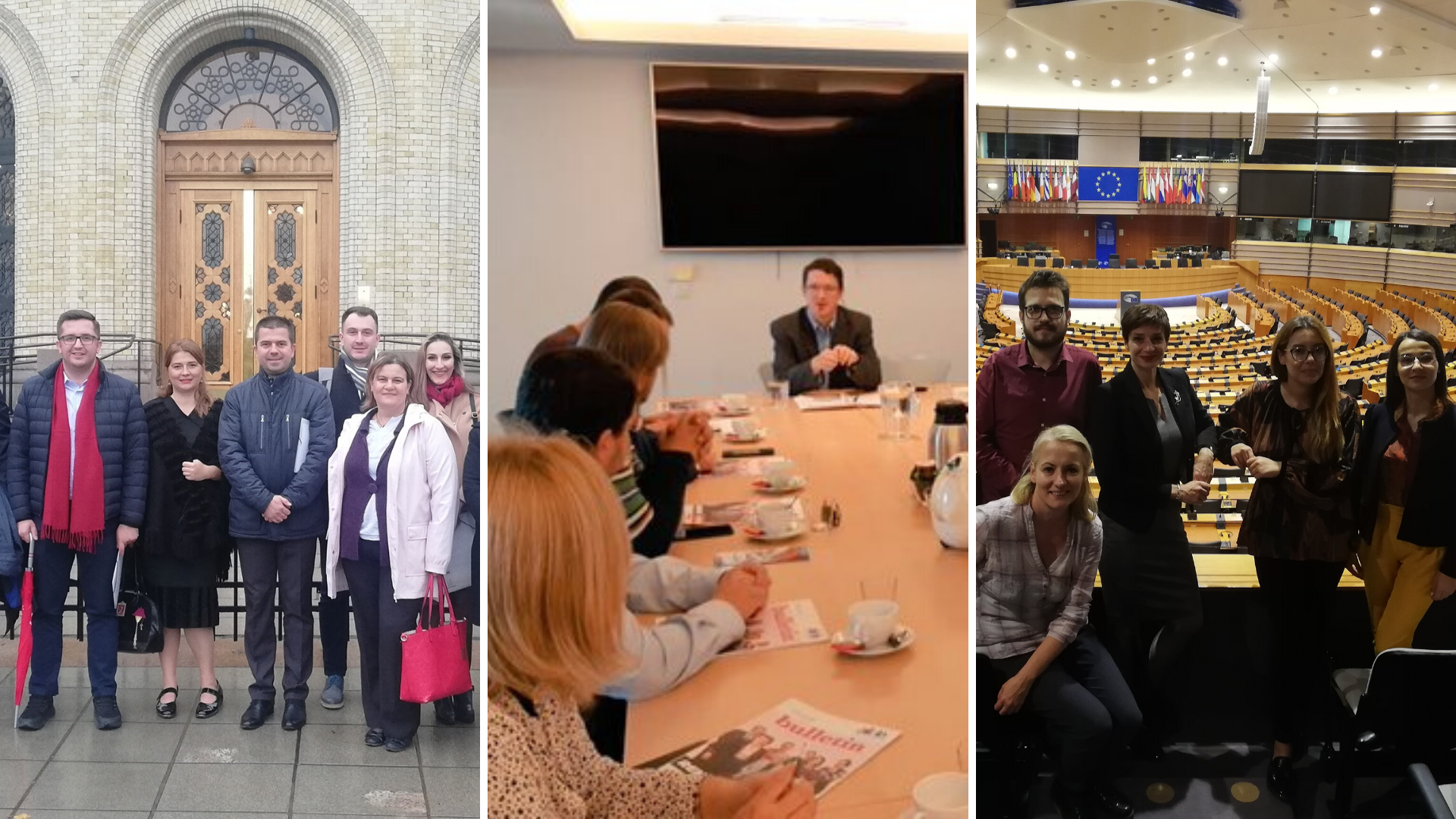Ekonomska politika SDP-a BiH za Opće izbore 2010. godine
Added: February 7th, 2018
Economy
This is the Economic Policy, developed by the Social Democratic Party of Bosnia and Herzegovina for 2010 General Election.
Only in B/H/M/S languages!
Keywords:
economic policy, policy, economy, campaign manifesto, SDP, Social Democratic Party of Bosnia and Herzegovina, ekonomija
DownloadPolicy Development Manual
Added: February 7th, 2018
Policy Development
Given NDI’s many years of work with political parties in emerging democracies, the Institute has recognized a common challenge among political parties across the spectrum and across the globe. The lack of programs based on ideological identities and concrete policy solutions results in political parties based on personalities or on the interests of a small group of people that fail to address the real concerns of the people in the long-run. In such circumstances, a multi-party system will not deliver an improved standard of living that convinces citizens that democratic systems can produce economic progress that will benefit a majority of the citizens. Political parties need to change the way they formulate policy, basing their policies on PARTY IDENTITY and POLITICAL VALUES that define a vision that responds to public concerns and needs. In order to garner support, that policy agenda should reflect member input and citizen needs and easily be communicable to and understood by the electorate. This manual is designed to help political parties to develop own policies, providing examples of good practices.
Published by the National Democratic Institute office in Montenegro in 2008
Keywords:
policy, values, policy development, program, manifesto, policies
DownloadMinimum Standards for the Democratic Functioning of Political Parties
Added: February 7th, 2018
Integrity
‘Political parties that share a commitment to democratic stability and that accept the norm of political contestation can help to deepen common democratic foundations even while they pursue the more particular interests of the citizens and groups whom they represent. This document details some basic behavioral norms which characterize the actions of parties and their representatives. It also outlines a set of organizational issues that most democratic parties will want to address in their statutes. Because democratic political parties vary greatly in their aims as well as in their political settings, the norms and principles outlined below are not a simple checklist; parties that fail to meet particular details are not necessarily undemocratic, and parties that have democratic statutes may behave in undemocratic ways. However, the features outlined below are not just a normative wish list; they are also politically pragmatic goals.’
Keywords:
political parties, party finance, norms, transparency, accountability, principles, candidate selection
DownloadManual on Political Party Identity and Ideology
Added: February 7th, 2018
Ideology
‘This manual represents a starting point for parties and individuals to harmonize their beliefs along the lines of a mainstream political ideology. Clearly defined political identity serves to strengthen political parties through its contribution to consistent policies based on common values. Strong political parties with proactive policy platforms are better able to take on leadership roles in governance and provide for the sustainability of democratic development in their country, as well as in a regional context.’
Keywords:
political parties, ideology, values, identity, discussion, ideologies, left, right, liberal, conservative, social democracy
DownloadPolitical Party Dialogue: A Facilitator's Guide
Added: February 7th, 2018
Coalition Building
‘Political parties and organizations need to have the capacity to both compete and cooperate. Dialogue among political parties usually takes place within democratic institutions such as national parliaments. Yet parliamentary dialogue alone cannot always meet the need for genuine exploration of consensus or compromise. Correspondingly, this Guide focuses on the need for more dynamic spaces of dialogue between political parties.
Building on case studies from different countries, the Guide enables actors to assess the general conditions for political party dialogues; build trust; convene and organize dialogues; set their goals and prepare their agenda; facilitate their smooth evolution through various stages; ensure meaningful results; and foster the implementation of the understandings and agreements reached.’
Published by the International Institute for Democracy, Electoral Assistance and Netherlands Institute for Multiparty Democracy and Oslo Center for Peace and Human Rights
Keywords:
political parties, parliaments, dialogue, negotiations, discussion
Download



